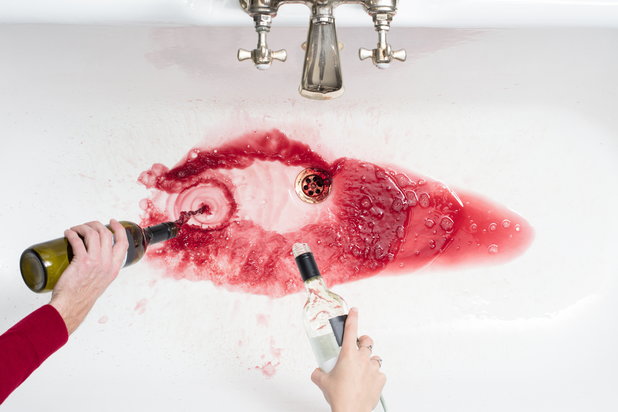Anyone who has struggled with alcohol addiction knows that physical cravings can be difficult to manage. Your body, brain and mind cry out for the substance(s) that they have become dependent on. It can be extremely difficult to fight these cravings, and there may be times when the lure of the booze can seem almost overwhelming.
In the early days and weeks of abstinence, these cravings can be eased with medical assistance in the form of prescribed medication to assist with withdrawals, a planned detox and a rehab program. All of this gives you a good foundation to begin a new, sober life.
However, looking forward, it pays to stay vigilant. Months or even years into recovery, your addictive voice can still sneak up on you—usually when you least expect it. Before you know it, you can find yourself longing for, or even planning for a drink.
Below are some of the ways that drinking can lure you back and how you can resist the temptation to give in.
1. It tells you it wasn’t that bad.
The typical forgetting process begins when you start to think that things are really not as bad as you once knew to be true. You convince yourself that you are now “cured” and able to handle your drink like a “normal” drinker. For myself, I find that it helps to look back on my old journals that I wrote in the early days of recovery. These entries clearly outline to me how bad the addiction was and how bad I felt in early recovery. Some people find that regularly attending meetings and helping the newcomers can also help them remember how it was before they stopped boozing.
2. It wants you to “fit in.”
Even though you decide to get sober, it doesn’t mean that others will do the same. Some of your other friends may still be drinking and see it as a very normal part of their lives. You will encounter this on many occasions, such as weddings, holidays and birthdays, and you may be tempted to want to join in with the drinking. In fact, on occasion, peers may put undue pressure on you, mourning the loss of their former drinking partner, or seeing you as “boring” for not wanting to join in the fun.
There are several ways to resist the peer pressure of your drinking friends. One is to cut yourself off from these friends. Some people in recovery find new friends, either through meetings or online. For me, I did not want to cut myself off from my friends entirely, but tried to just spend time with them in non-drinking situations such as meeting for coffee or going for a walk. On the occasions that I do join friends who are at a boozy event, I make sure to drive there so that I know I can’t drink and often leave early before things get too raucous. Before going, I also play through the film of what it would be like the next day if I did get drunk, and if I feel really vulnerable I will take another sober buddy along.
3. It convinces you that life is too hard to do it sober.
When life deals us a difficult situation such as losing a job, a relationship breakdown or a bereavement, the temptation to revert to old coping mechanisms can be strong. For so long, we drank in order to manage difficult feelings and it is hard to break free of the old habits. That is why finding new ways of coping is important.
Gradually, over time, I have built up a repertoire of alternative ways to manage my emotions. I see a therapist regularly, have developed a mindfulness practice, have reached out to friends, and have art and crafts to distract me. It pays to practice these alternative methods when things are going well so you will find it easier to fall back on them when things are more difficult.
Drinking thoughts are inevitable. It pays to remember this and to have a comprehensive set of tools and techniques to fall back on at those times when the inner addictive voice is at its strongest. This way you are prepared and not out on a limb when alcohol beckons. If you or someone you know is seeking help from addiction, please visit our directory of treatment centers or call 866-606-0182 to start the path to recovery today








